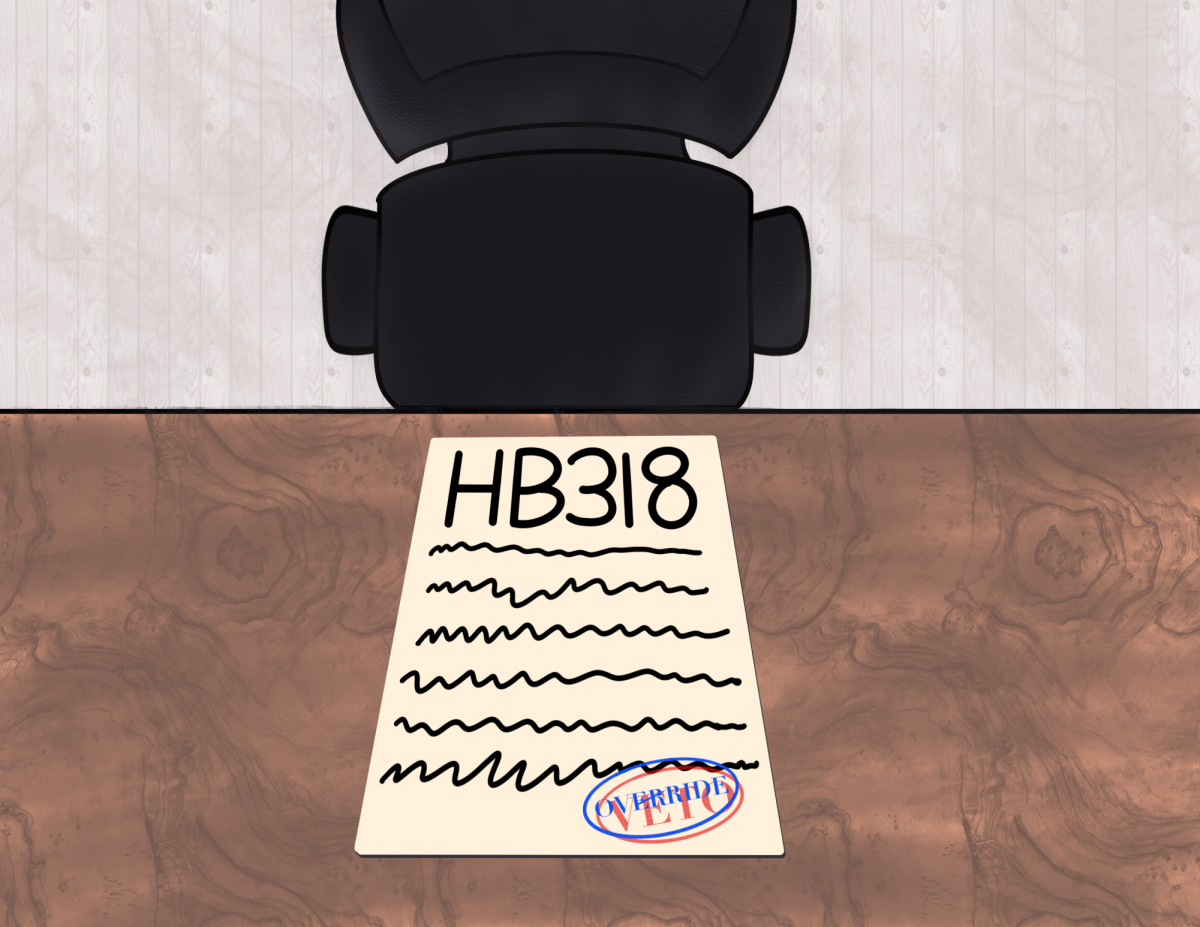It starts out like gossip. Passed on from friend to friend, mother to daughter, grandparent to grandchild, urban legends and myths can quickly seem like common knowledge. But, when examined, these “facts” may prove to be false. George Catignani, a food science professor, and Sarah Ash, an associate food science professor, disprove myths about food that could change perspectives about what’s nutritional and what simply isn’t so.
Myth: People should drink eight glasses of water each day.
According to George Catignani, drinking eight glasses of water a day should not be the rule for everyone. He said the amount of water needed depends on body weight. Catignani suggests individuals check with the National Academy of Sciences to determine proper daily water intake.
“A glass is equal to about eight ounces of water,” Sarah Ash, an associate food science professor, said. “The more important thing for people to understand is when they are trying to determine how much to drink a day is that they are determining the amount of total fluids — not just water. People should also include juices and coffee into the amount of total fluids they are drinking each day.”
Myth: It takes seven years to digest a piece of swallowed chewing gum.
According to Catignani, 48 hours is about the longest anything ingested will stay in the body. He said gum will pass through the body within 36 hours in most cases.
Myth: Eating spinach will make a person stronger.
Contrary to what Popeye led viewers to believe, spinach does not magically build muscles. According to Catignani, while spinach does have nutritional benefits, it is not of more value than other leafy vegetables such as turnips.
“Much of the iron in spinach is not very well absorbed because it is bound to a compound called oxalate,” Ash said.
Myth: Fresh vegetables are always more nutritional than frozen vegetables.
According to both Ash and Catignani, there is no simple answer to this question — many factors influence whether or not the vegetables are simply fresh or frozen.
“It depends on how long you cook the vegetables,” Catignani said. “Their nutritional value can be comparable.”
According to Ash, frozen vegetables are usually picked ripe, so they are more likely to have a higher content of nutrients than most vegetables you will find on the shelves of your local grocery store. She said freezing has little effect on the food’s nutritional value.
Vegetables might have been in transit as long as a week before they end up on store’s shelves, and contributing factors, such as exposure to heat, light and air, can make the food less nutritional, Ash said.
Myth: Margarine is healthier than butter?
“It’s a complicated story, and we don’t know all of it,” Ash said. “As long as you don’t eat either in large quantities, it doesn’t matter. We just need to learn to eat in moderation.”
According to Catignani, both foods contain approximately the same amount of calories. Butter has more cholesterol, but margarine could have more trans-fatty acids.




